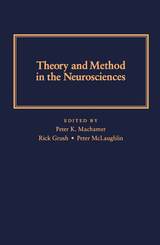The Modern Epidemic: A History of Tuberculosis in Japan
Harvard University Press, 1995
Cloth: 978-0-674-57912-5
Library of Congress Classification RC317.J26J64 1995
Dewey Decimal Classification 614.5420952
Cloth: 978-0-674-57912-5
Library of Congress Classification RC317.J26J64 1995
Dewey Decimal Classification 614.5420952
ABOUT THIS BOOK | REVIEWS
ABOUT THIS BOOK
Through a historical and comparative analysis of modern Japan's epidemic of tuberculosis, William Johnston illuminates a major but relatively unexamined facet of Japanese social and cultural history. He utilizes a broad range of sources, including medical journals and monographs, archaeological evidence, literary works, ethnographic data, and legal and government documents to reveal how this and similar epidemics have been the result of social changes that accompanied the process of modernization. Johnston also shows the ways in which modern states, private organizations, and individual citizens have responded to epidemics, and in the process reexamines the concept of the epidemic itself, showing that epidemics must be thought of not only in medical and biological terms but in political, social and cultural terms as well.
See other books on: 19th century | 20th century | Asia | Japan | Tuberculosis
See other titles from Harvard University Press





















